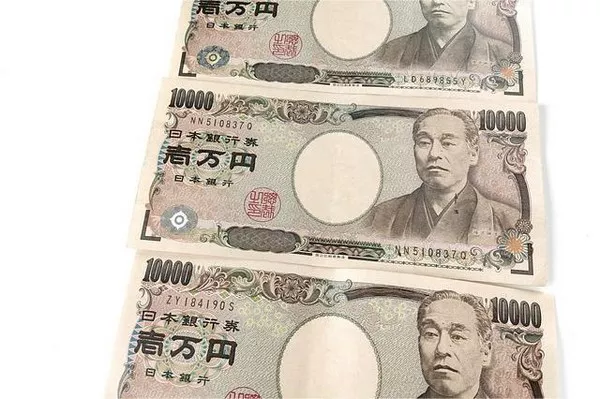The Japanese yen (JPY) has long been a focal point in discussions surrounding Japan’s economic policies and global trade dynamics. One of the recurring themes in these discussions is Japan’s apparent preference for a weaker yen. In this article, we delve into the complex reasons behind Japan’s desire for a weaker currency, examining the economic, trade, and strategic considerations that drive this stance.
Why Does Japan Want a Weak Yen?
1. Historical Context:
Japan’s modern economic history is intertwined with its currency policies, particularly concerning the value of the yen.
Historically, Japan has experienced periods of both yen appreciation and depreciation, each with distinct impacts on its economy and trade relations.
The Plaza Accord of 1985, which aimed to depreciate the US dollar against the yen and other major currencies, marked a significant turning point in Japan’s currency strategy, leading to a period of yen appreciation followed by subsequent efforts to manage its value.
2. Export Competitiveness:
One of the primary reasons Japan seeks a weaker yen is to enhance the competitiveness of its exports in global markets.
A weaker yen makes Japanese goods more affordable for foreign consumers, potentially boosting demand and increasing export volumes.
Given Japan’s reliance on exports as a key driver of economic growth, maintaining export competitiveness through currency management remains a central objective for policymakers.
3. Trade Imbalances:
Japan has historically grappled with trade imbalances, including persistent trade surpluses with major trading partners such as the United States and European Union.
A weaker yen can help address trade imbalances by making Japanese exports more attractive relative to imports, thereby narrowing the trade surplus.
However, it’s important to note that currency depreciation alone may not be sufficient to correct structural imbalances in trade, which also require policy measures addressing factors such as productivity, competitiveness, and market access.
4. Deflationary Pressures:
Japan has struggled with deflationary pressures for much of the past two decades, characterized by stagnant consumer prices and subdued economic growth.
A weaker yen can help counter deflation by boosting import prices, thereby supporting domestic inflationary pressures.
The Bank of Japan (BOJ) has pursued aggressive monetary easing measures, including quantitative easing and negative interest rates, in conjunction with currency policies aimed at stimulating inflation and economic activity.
5. Industrial Policy and Structural Reform:
Japan’s industrial policy and structural reform agenda are closely linked to its currency strategy, with efforts aimed at fostering innovation, productivity growth, and industrial competitiveness.
A weaker yen can provide temporary relief for export-oriented industries, allowing them to adjust to external shocks and competitive pressures.
However, reliance on currency depreciation as a primary tool for industrial policy may hinder long-term structural reforms and innovation-driven growth strategies.
6. Global Economic Dynamics:
Japan’s currency policies are influenced by global economic dynamics, including exchange rate fluctuations, interest rate differentials, and geopolitical developments.
In an interconnected global economy, movements in the yen exchange rate can have far-reaching implications for Japan’s trade relations, investment flows, and financial stability.
Japanese policymakers closely monitor international developments and coordinate with other major economies to manage exchange rate volatility and maintain stability in currency markets.
7. Financial Market Considerations:
The yen’s value is influenced by a multitude of factors, including capital flows, investor sentiment, and risk appetite.
A weaker yen may benefit Japanese exporters and policymakers in the short term, but it can also pose challenges for import-dependent industries and consumers.
Moreover, excessive currency depreciation can trigger concerns about financial instability and speculative behavior in currency markets.
8. Long-Term Challenges and Considerations:
While a weaker yen may offer short-term benefits for Japan’s export-oriented economy, it also poses long-term challenges and risks.
Persistent currency depreciation can erode purchasing power, increase import costs, and contribute to inflationary pressures.
Moreover, overreliance on currency manipulation as a policy tool may undermine confidence in Japan’s commitment to market principles and free trade.
See Also: JPY’s Decline: Implications, Responses & Strategies
Conclusion:
Japan’s desire for a weaker yen reflects a complex interplay of economic, trade, and strategic considerations. While currency depreciation can enhance export competitiveness and address trade imbalances in the short term, it also poses long-term challenges and risks for Japan’s economy and financial stability. As Japan navigates these complexities, policymakers must balance the short-term imperatives of export promotion with the broader goals of sustainable growth, structural reform, and global economic stability.


